Article: Unfiltered or filtered olive oil. What are the differences? Which to choose?
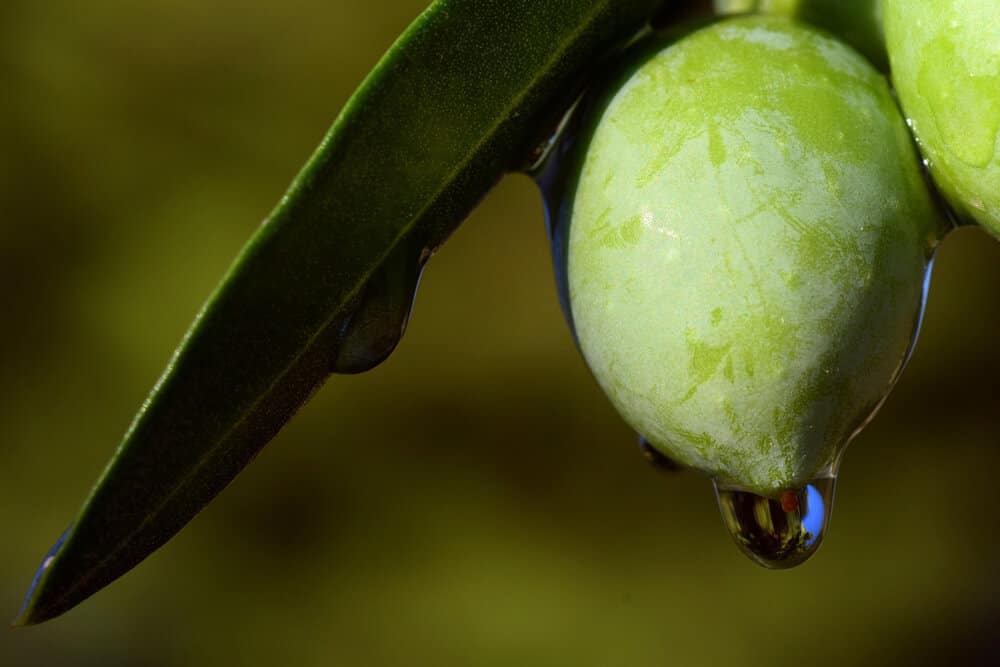
Unfiltered or filtered olive oil. What are the differences? Which to choose?
>One of the topics most frequently raised by the members of the Mi Oliva Gourmet Club is that of Unfiltered or filtered olive oil: what are the differences? ? Which to choose? Which is better to consume raw? Which is better for cooking? and many other related issues.
In the first place, it is important to point out that an Unfiltered Olive Oil is not better or worse than a filtered Olive Oil, since they maintain the same properties, both in their acidity and organoleptic qualities in both types of olive oil.
Secondly, filtered Olive Oil is what we usually find in any store, supermarket or hypermarket, since filtered oils are the most widely distributed. It is very rare to find and be able to buy unfiltered Olive Oil in these establishments.
Furthermore, there is another added inconvenience and that is that, by regulation, the name “unfiltered” cannot be indicated on the label, since it is not collected as a designation of a official property.
However, it is allowed to include it in the product description, so that in some physical stores and in all online stores, when buying an unfiltered Olive Oil, this quality is indicated in the Product description.
In short: if the description of the product (and never on the label) does not say “unfiltered”, it is a filtered Olive Oil. Lastly, the process of making “unfiltered” Olive Oil is usually only carried out with Superior Quality Extra Virgin Olive Oils. I have not yet found any unfiltered Olive Oil that is not Extra, but there are many filtered Extra Virgin Olive Oil and types of Extra Filtered Olive Oils and normal Olive Oils, the latter two always filtered.
How is unfiltered olive oil made?
To obtain Extra Virgin Olive Oil, of superior quality, once the harvest is done, the olives must go through a series of manual and mechanical procedures, such as, for example, a horizontal centrifuge that separates the solids and exclude all impurities. If it is an Extra Virgin Olive Oil, there are no chemical or thermal procedures, in order to preserve this freshly made excellent olive juice and thus preserve all its organoleptic properties, aroma and intense and unique flavour that characterizes it.
The last phase of this Extra Virgin Olive Oil production process, before its packaging, is the filtering process. In this, the remains of pulp and seeds of the olives that remain in the clean and bright natural juice oil of the olives are separated, as well as eliminating the remains of impurities present, which is achieved by decantation in a series of deposits, with shovels that move for days, in this way we will obtain a filtered Extra Virgin Olive Oil with extra quality and with all its properties and fatty acids.
In the case of unfiltered olive oil, this process lasts only a few hours, so only the heaviest particles are decanted, leaving the rest in suspension in the Oil, impurities always remain. Therefore, there are always what the “experts” call “impurities” in unfiltered olive oils. In the past, this filtering phase was not carried out, which allowed all the nuances of its unique flavour and aroma to be appreciated, which is why many of you, when you try our unfiltered Olive Oil, remember the oil of your childhood, an natural olive juice with a more intense flavour and cloudy colour

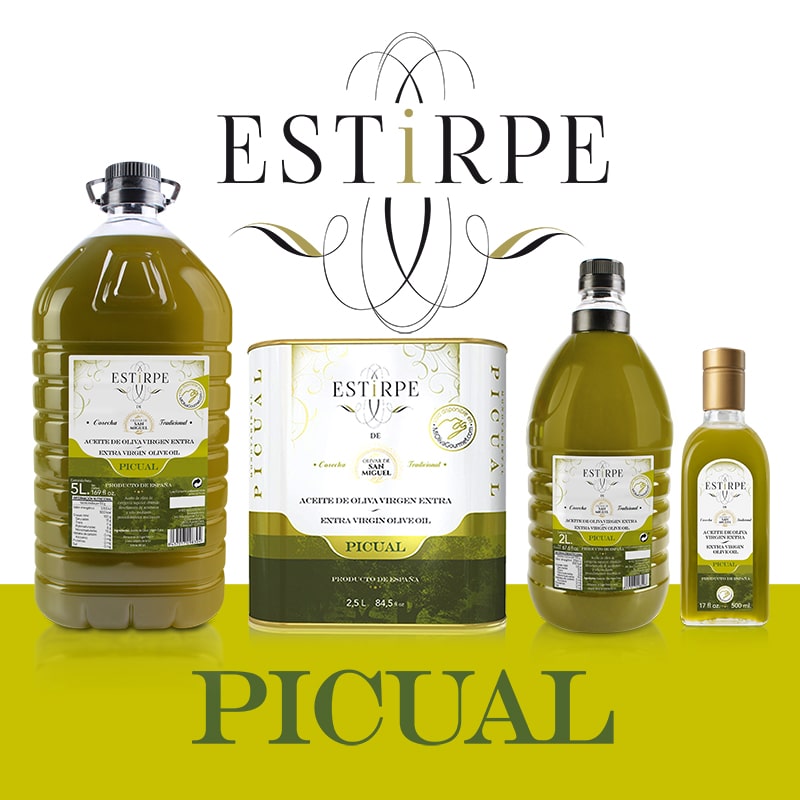
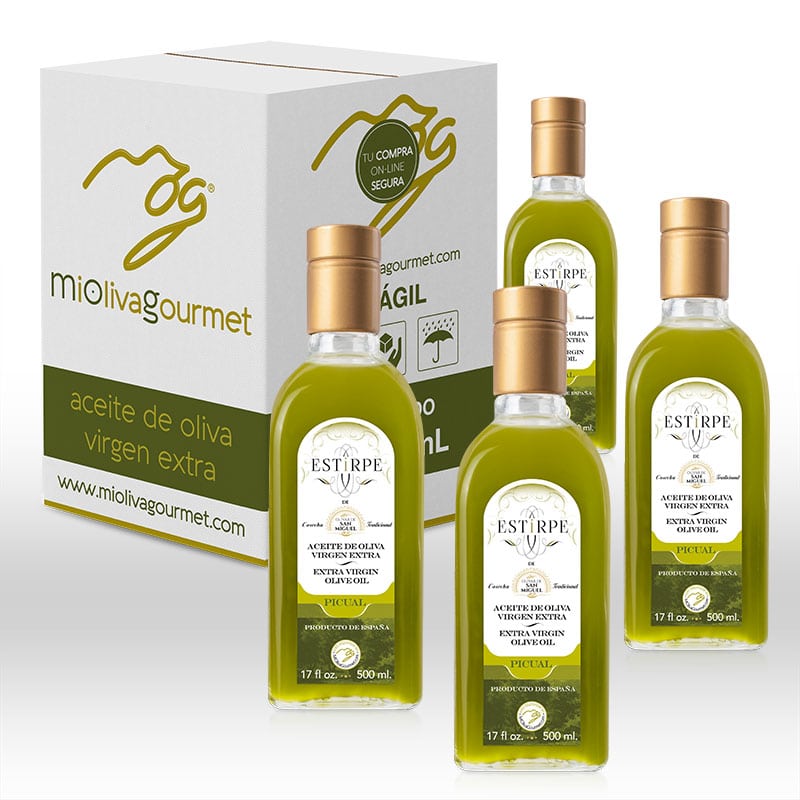
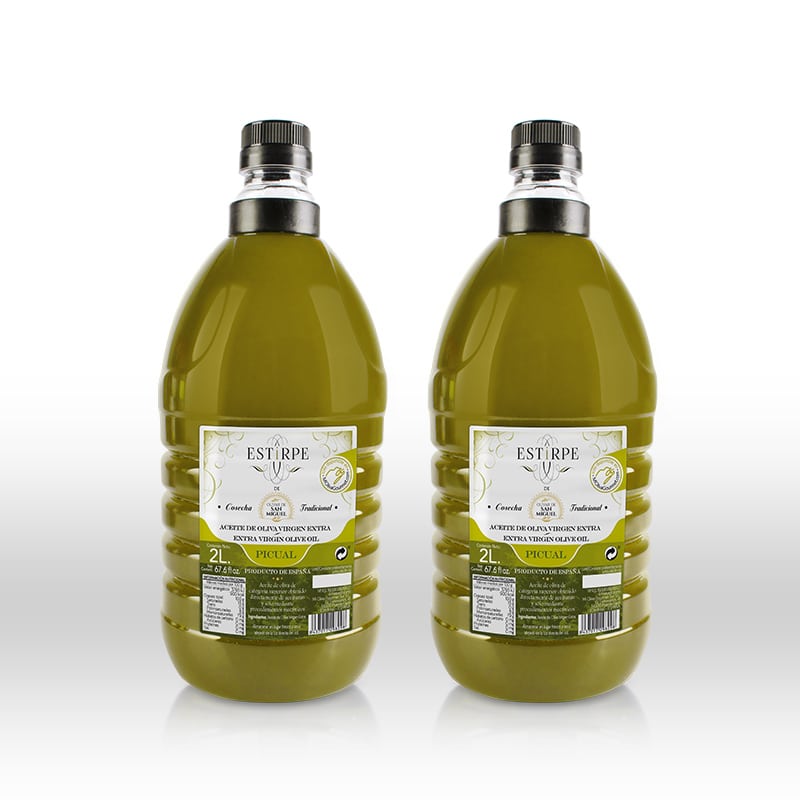
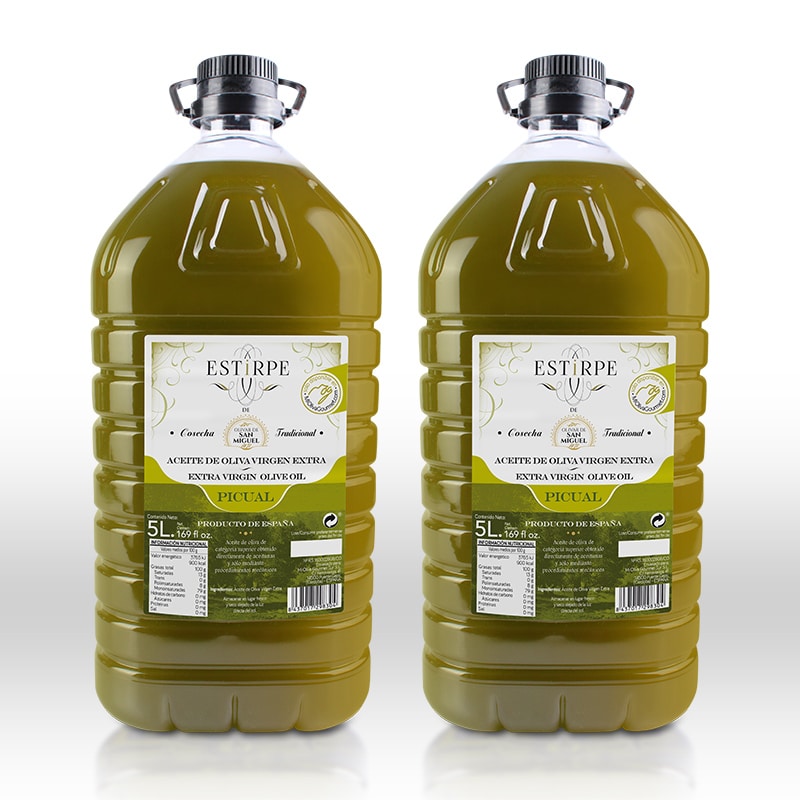
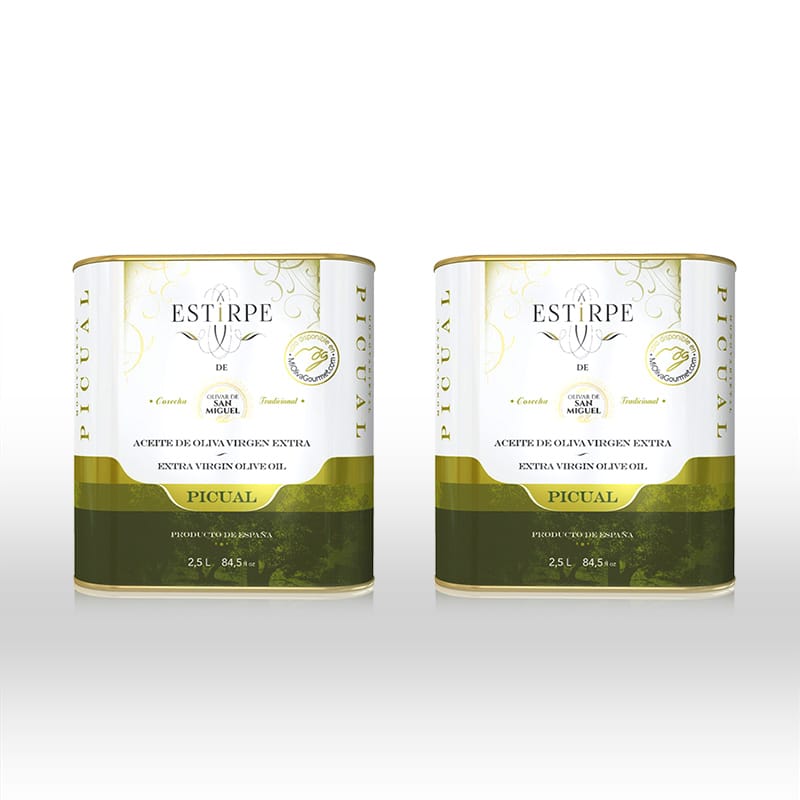
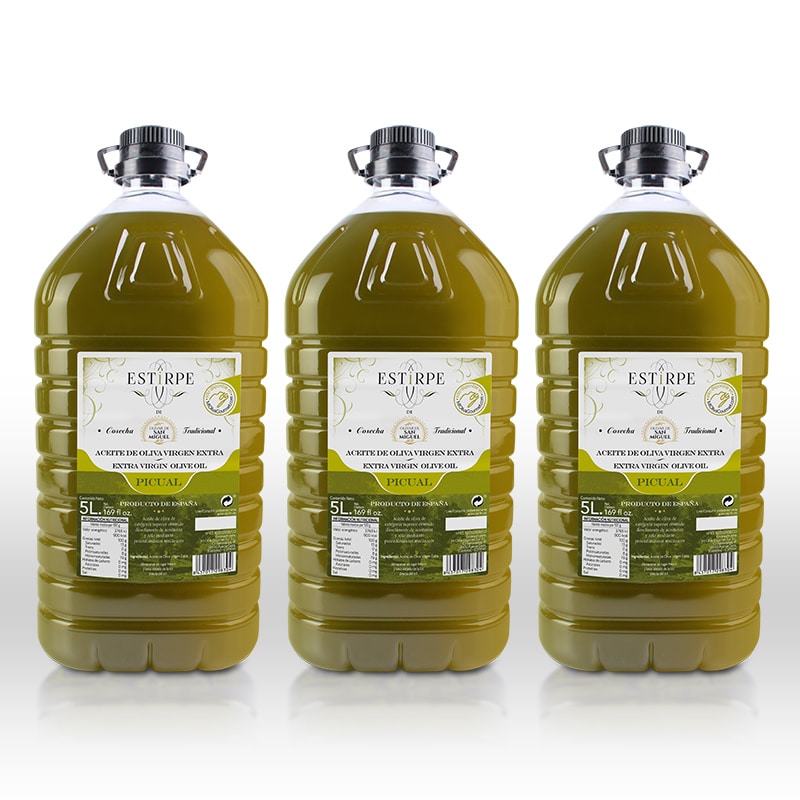
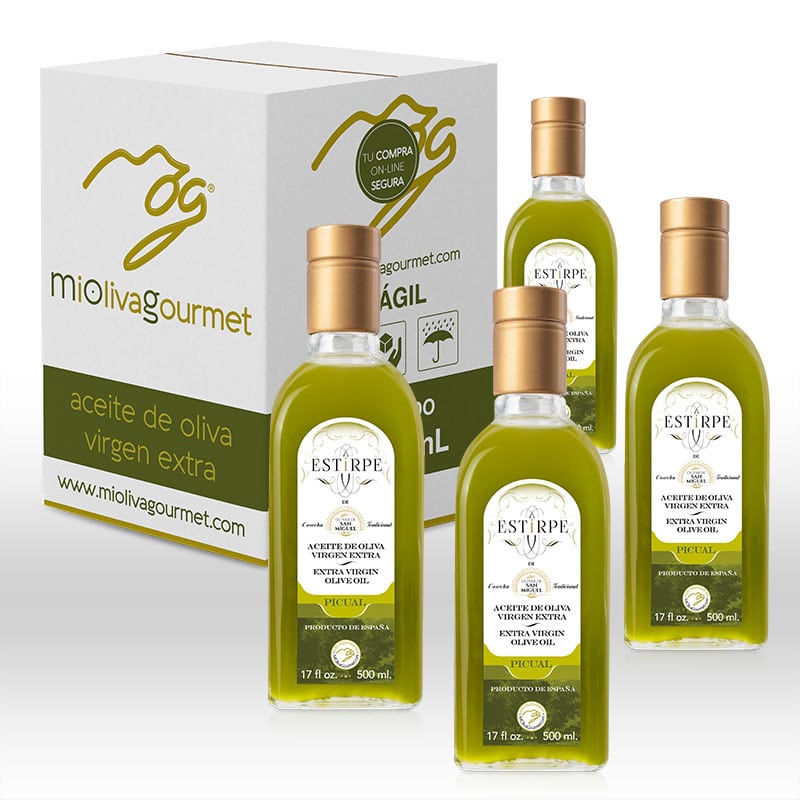
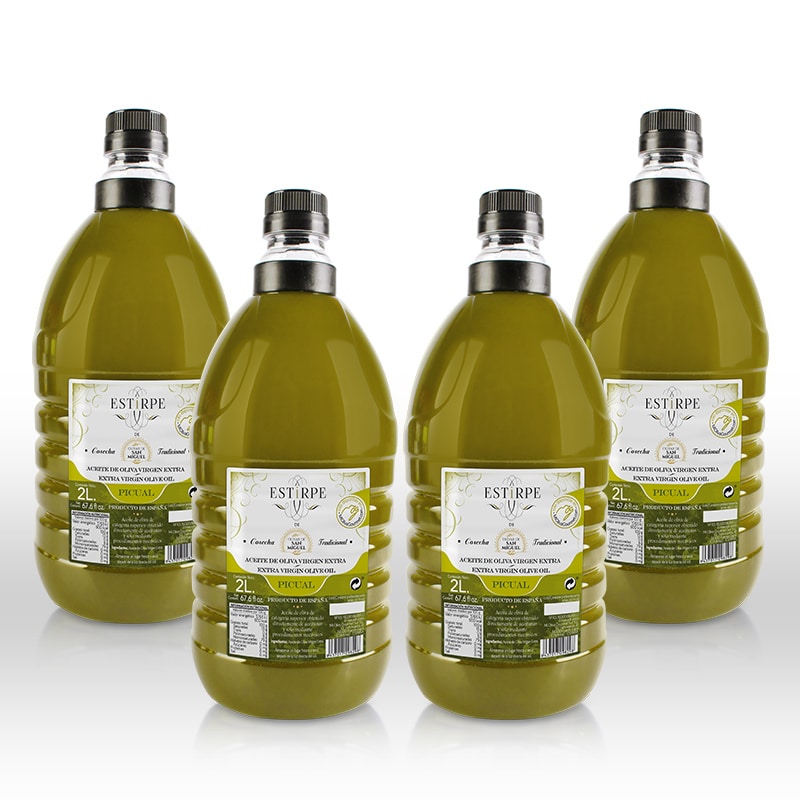
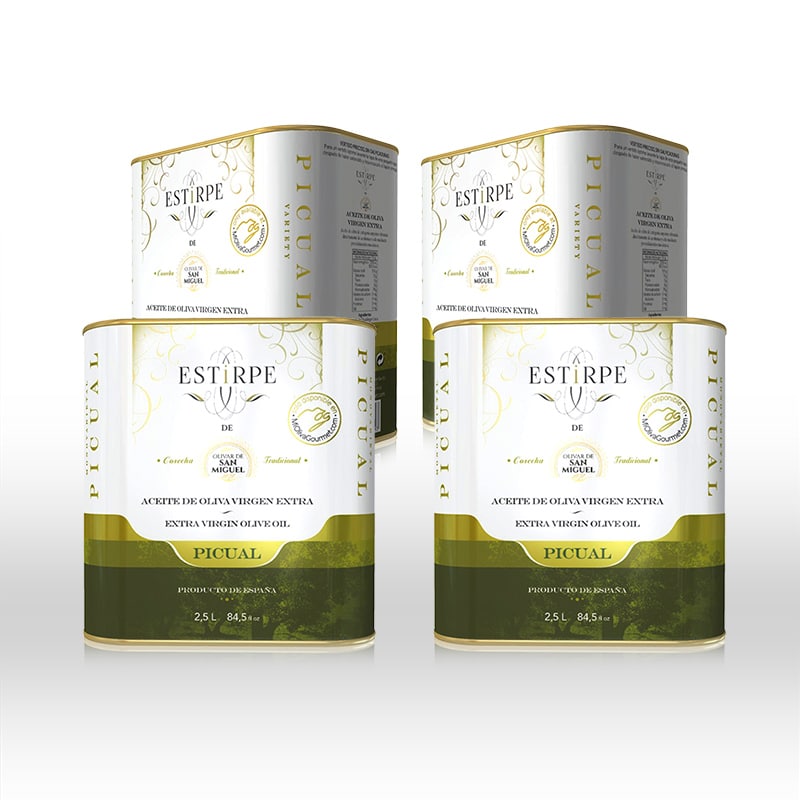
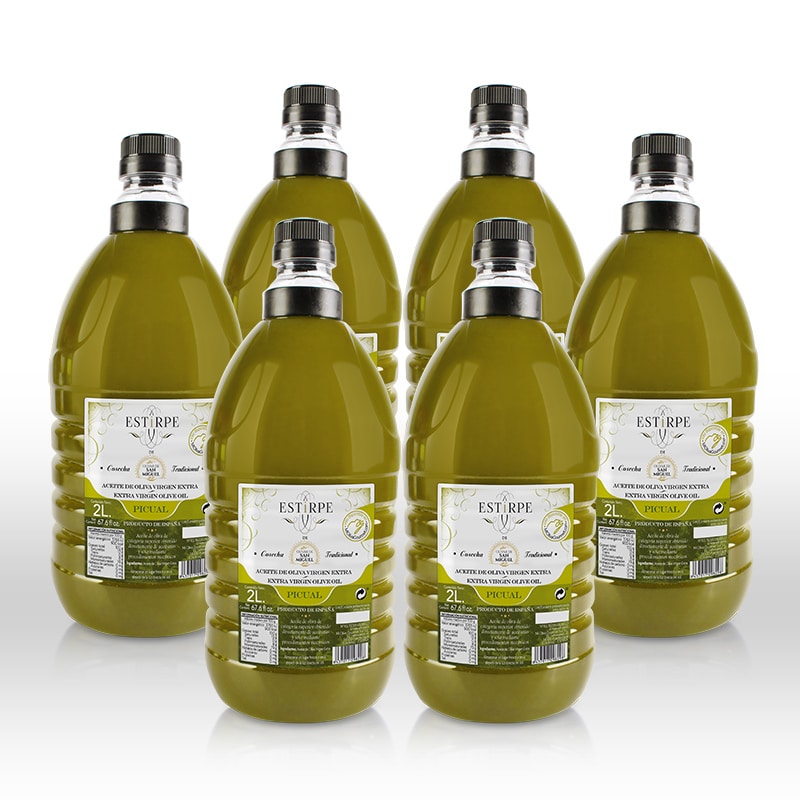
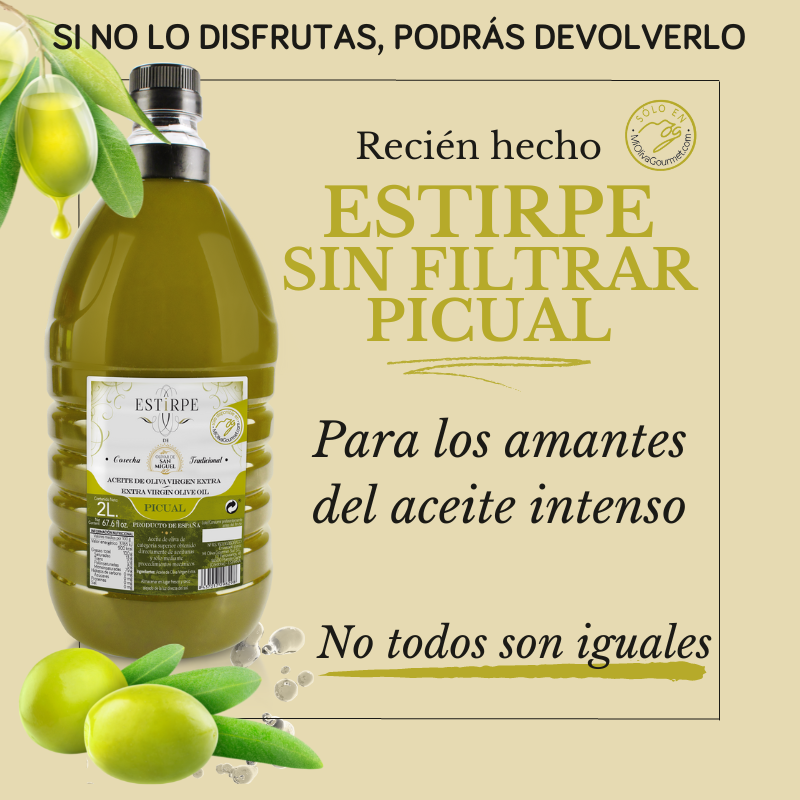
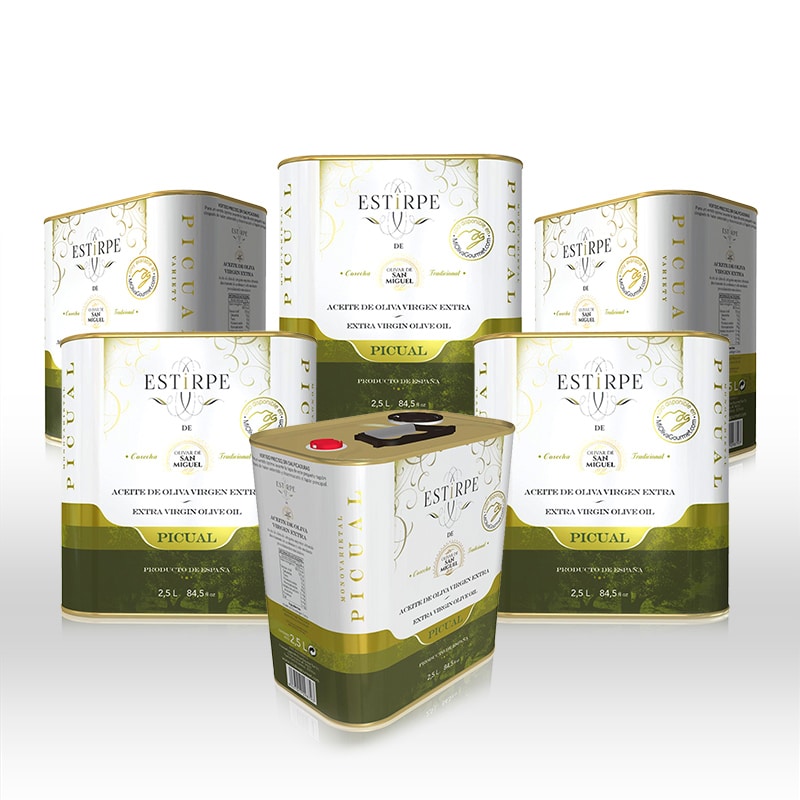
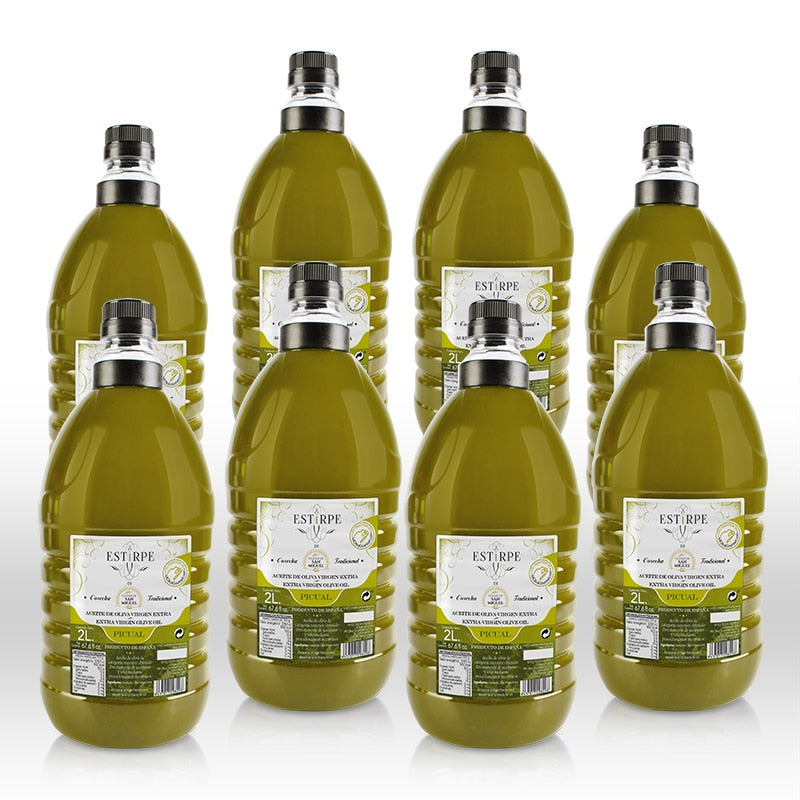
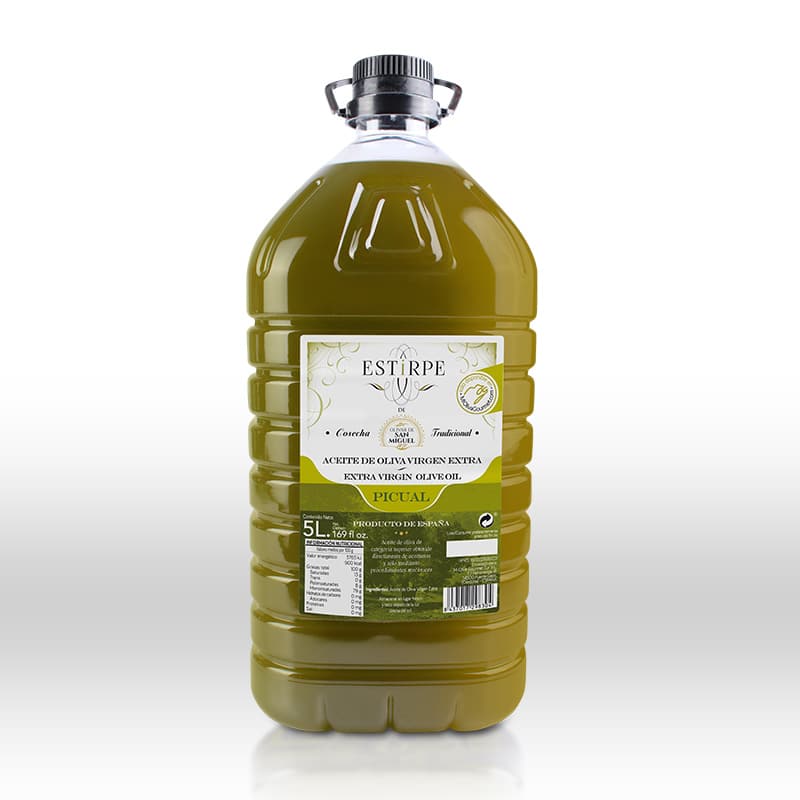
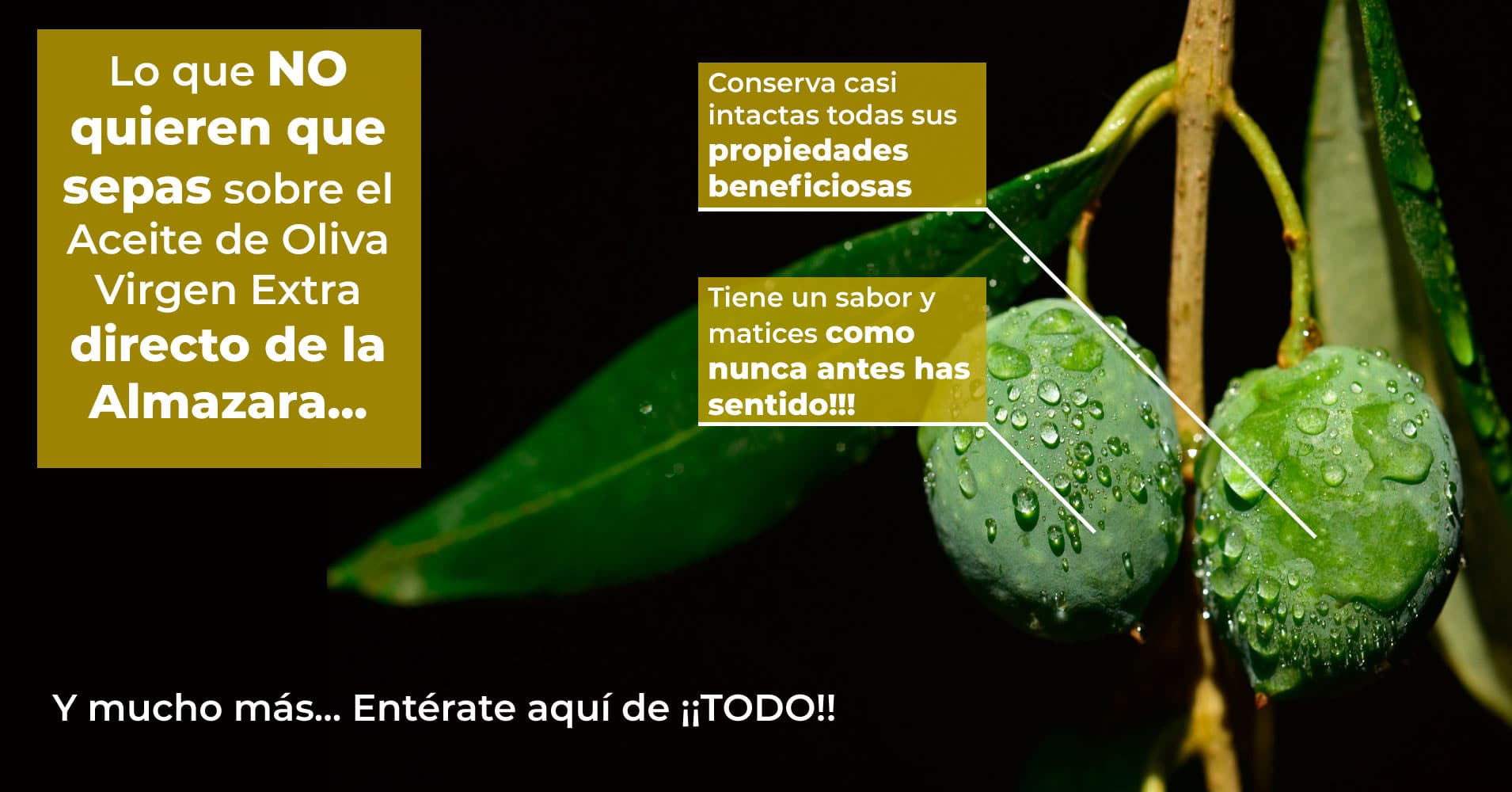



1 comment
Manuel Ramírez Mochón
Leave a comment
This site is protected by hCaptcha and the hCaptcha Privacy Policy and Terms of Service apply.